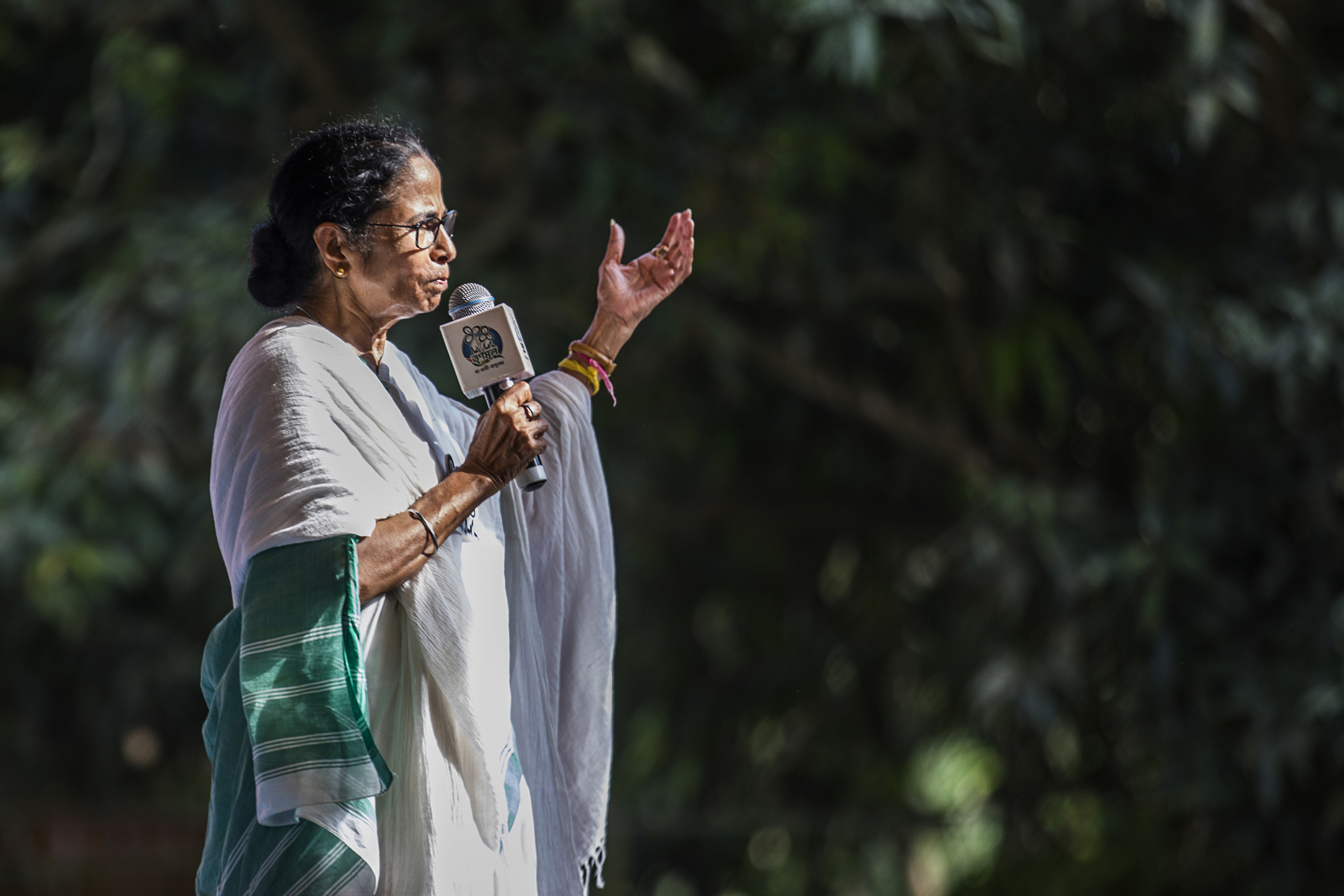Mamata Banerjee, in her signature white sari paired with rubber flip-flops, has become the face of fierceness in Indian politics. On May 2, she stood like a fortress against the expansionist ambition of Narendra Modi, a seemingly invincible Prime Minister, when she retained her role of chief minister of West Bengal in the state’s assembly elections, despite the money and men of the ruling Bharatiya Janata Party. Unlike many other women in Indian politics, Mamata has never been framed as someone’s wife, mother, daughter or partner. She rose from abject poverty—working once as a stenographer and a milk-booth vendor to support her family. Of Banerjee, it is said, she doesn’t lead her party, the Trinamool Congress—she is the party. The street-fighter spirit and self-made life in a patriarchal culture set her apart. If any coalition of forces were to come together to counter Modi nationally, Mamata is almost certain to be the pivot.
Dutt is an Indian television journalist and author
- Inside Elon Musk’s War on Washington
- Why Do More Young Adults Have Cancer?
- Colman Domingo Leads With Radical Love
- 11 New Books to Read in February
- How to Get Better at Doing Things Alone
- Cecily Strong on Goober the Clown
- Column: The Rise of America’s Broligarchy
- Introducing the 2025 Closers






